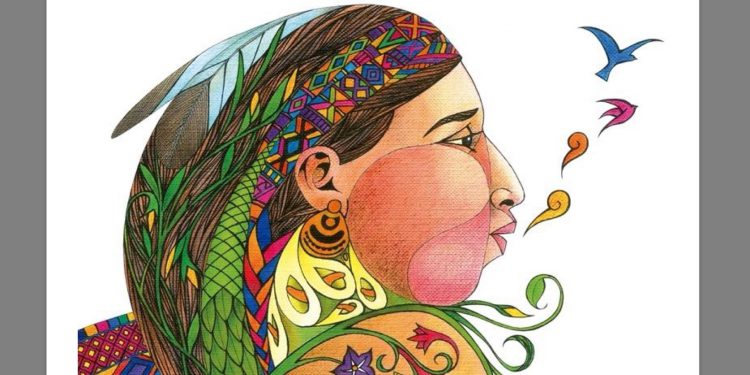A new UN report by Indigenous Peoples outlines how indigenous knowledge can support the first Food Systems Summit, to be held later this year.
It emphasises the inherent sustainability and resilience of indigenous food systems which should be put to work in developing solutions in the wider food system.
The White/Wiphala Paper on Indigenous Peoples’ food systems makes recommendations across each Action Track of the Food Systems Summit.
It says the lack of recognition by governments of the Indigenous Peoples’ has to be resolved.
Also, that it is fundamental to end displacement, expansion of the agriculture frontier on ecosystems, and pollution and destruction of the environment undertaken by the private sector, often under state-run concession systems.
It says security of access by Indigenous Peoples to their lands and territories must be increased.
The recommendations include a reminder that Indigenous Peoples’ are the custodians for a significant proportion of the world’s important genetic resources. Their territories encompass dynamic biocultural spaces that allow those resources to continue to evolve and adapt further to ongoing climate variability and other challenges.
“80 per cent of the world’s biodiversity is in Indigenous Peoples’ lands and territories”
They suggest incorporating Indigenous Peoples’ perspectives in preventing and monitoring food security shocks. And engaging indigenous leaders in policy discussions about access to safe and nutritious foods.
In his forward, Gam A. Shimray, Secretary General, Asia Indigenous Peoples Pact writes, “Scientists are telling us that 80 per cent of the remaining world’s biodiversity is in our lands and territories.
“Our ancestors did not know about biodiversity, ecology, ecosystem services or CO2 trapping, but they knew that protecting the ecosystems, environment and biodiversity were essential for our wellbeing and sustainability.
“Our elders, mothers and fathers taught us this as a way to exhibit good behaviour in the community.
“Today, everyone is talking about turning the world food systems into sustainable and resilient systems. But most of our food systems have always been resilient and sustainable for time immemorial because they were based on the objective of ensuring sustenance, including for future generations.
“The result is that more than 476 million Indigenous Peoples, living in more than 90 countries across the world in seven sociocultural regions, have developed unique territorial management practices that manage to generate food whilst preserving biodiversity.
“We strongly believe that our food systems could crucially contribute to the upcoming United Nations Food Systems Summit discussion.
“We also see the summit as an opportunity to acknowledge the importance of protecting our territorial management, knowledge, governance, value systems, spirituality and collective rights, which is the basis for enhancing and promoting Indigenous Peoples’ food systems.”
The report will be published as a technical paper by the Food Systems Summit.























